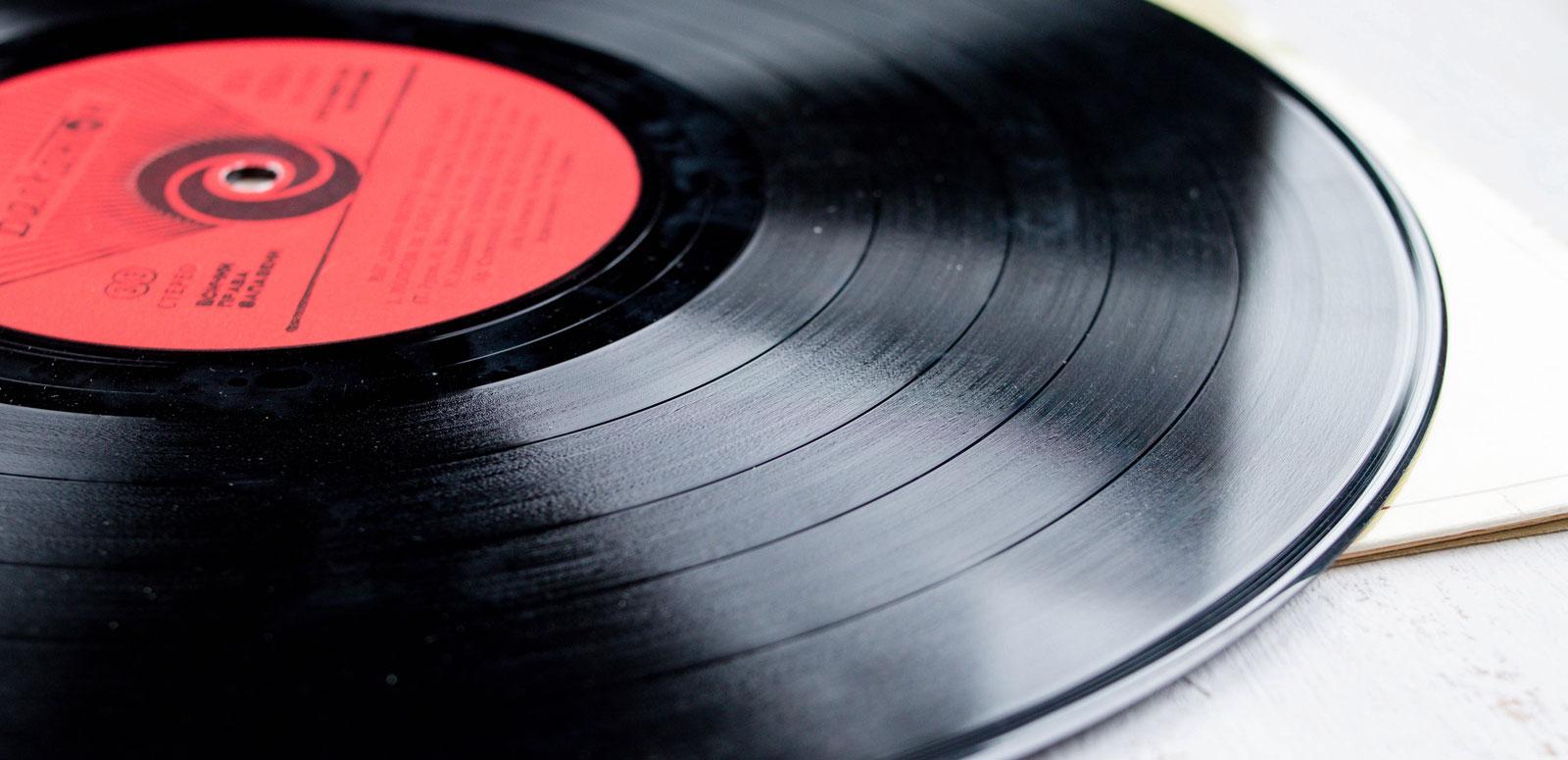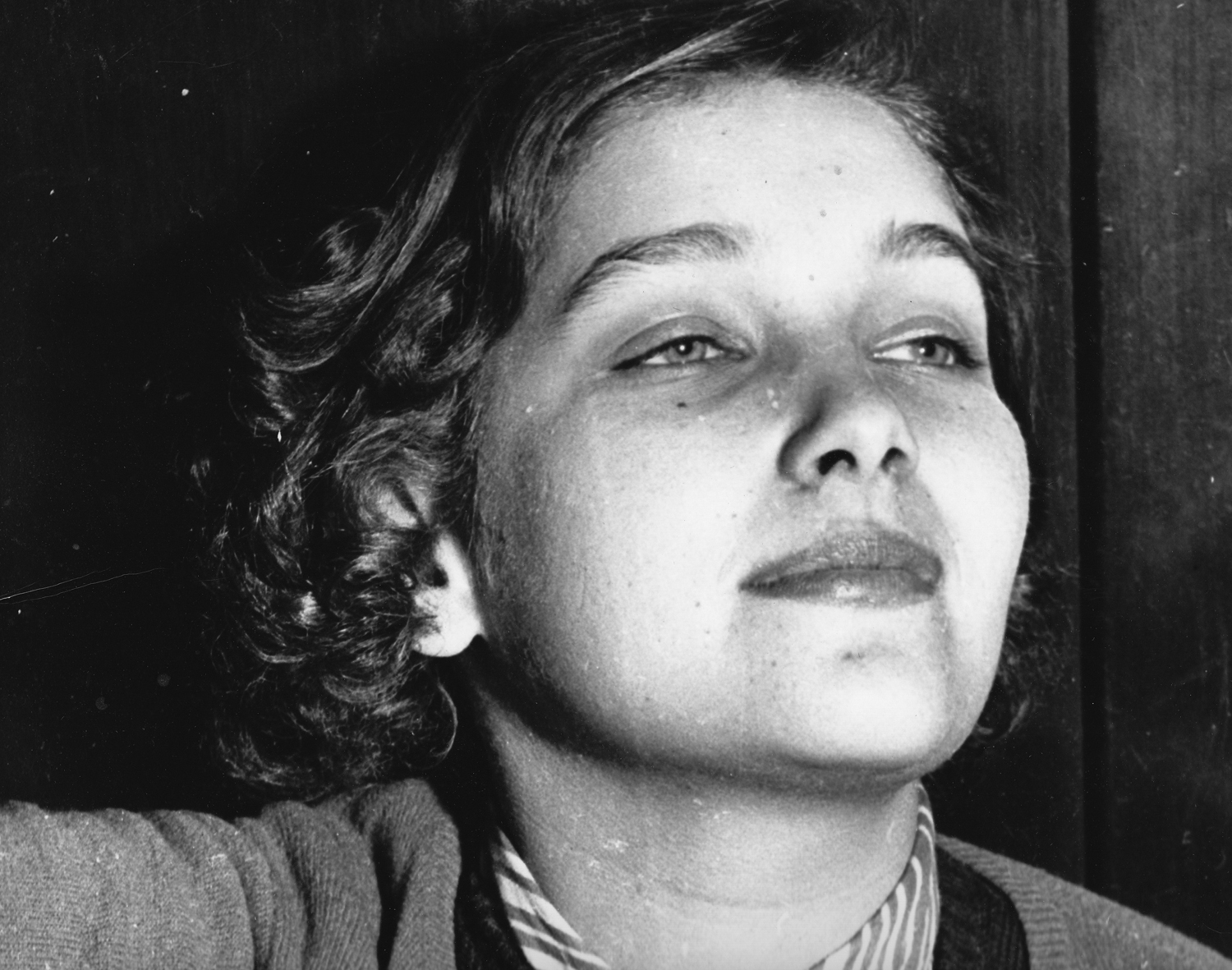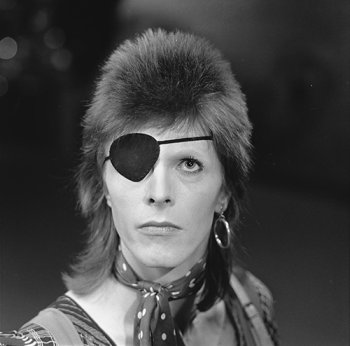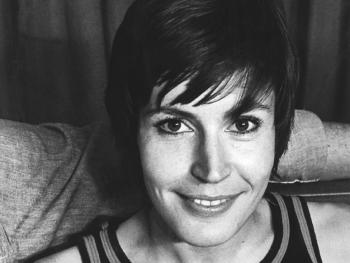The NFSA celebrates Australian rock music journalist Lillian Roxon (1932–1973) with an online curated collection featuring her work in radio.

The NFSA celebrates Australian rock music journalist Lillian Roxon (1932–1973) with an online curated collection featuring her work in radio.
Dubbed 'the Mother of Rock', Roxon became the most influential rock journalist in the world from the mid-1960s to the early 1970s. She gained an international following for her witty, passionate appraisals of musicians and their work. Roxon remained a fan first and foremost and her hit predictions became legendary.
Embedded in the rock and emerging punk scene in New York, she knew all the new and emerging stars including David Bowie, The Rolling Stones, Jimi Hendrix, Alice Cooper and Patti Smith.

Born in Savona in Italy, Roxon's family emigrated to Australia in 1937 and settled in Brisbane. She attended Sydney University in the mid-1950s and became part of the intellectual libertarian subculture known as 'the Push'.
Roxon became Australia's first female foreign correspondent after moving to New York in 1959. She wrote for American publications as well as The Sydney Morning Herald and appeared on radio station 2GB as a cultural commentator.
A pioneer in the field of New Journalism where a writer could be part of the story, she wrote about sex, youth culture, politics and feminism during a turbulent time in America's history: from JFK, the Vietnam War, the birth of the women's movement and Watergate, to flower power and punk's early days.
Roxon's direct style gained attention when she famously asked The Beatles' manager Brian Epstein 'Are you a millionaire?' at a press conference in 1966. She understood before many others that rock music was an important cultural phenomenon and it was likely to become a highly lucrative industry.
Her groundbreaking 613-page work Lillian Roxon's Rock Encyclopedia was published in 1969. Still considered a classic, The New York Times called it 'the most complete book on rock music and rock culture ever written'.

This excerpt from an interview with Roxon on 2SM in 1973 is a fine example of Roxon's skills as a raconteur.
Listen as she seamlessly interweaves criticism, fandom, humour, gossip and personal narrative.
The anecdote about Angie Bowie biting her on the right bosom paints a vivid picture of the contemporary rock scene for Australian listeners, placing Roxon at its epicentre.
Excerpt from a 2SM radio interview in Sydney with Lillian Roxon (1973). Used with permission from the Catholic Archdiocese of Sydney. NFSA title: 551081.

Helen Reddy credits Roxon with giving her the idea behind her feminist anthem 'I Am Woman'.
In this episode from her 1971 radio series Discotique, Roxon talks about Reddy's music. Inserting herself into the narrative in the style of New Journalism, Roxon explains her personal connection with Reddy and how much she loves her music. However, ever the clear-eyed critic (even with friends), she doesn’t miss the chance to register her disapproval of the fast arrangement of ‘I Am Woman’.
This engaging mixture of subjectivity and objectivity enhances the trust between Roxon and her audience, leaving listeners with the impression she’s a fiercely passionate fan who’s going to tell it how it is.
'Have you discovered Helen Reddy yet?' from Lillian Roxon's radio series Discotique (1971). NFSA title: 1230112.
Roxon died in New York on 9 August 1973 after suffering a severe asthma attack. She was 41 years old.
Immerse yourself in Roxon's witty world of music and fandom in this new collection of her work, including online exclusive episodes of her Discotique radio show, excerpts from a rare interview and tributes to her from Ian 'Molly' Meldrum and Derryn Hinch.
The collection features her candid takes on artists including Aretha Franklin, Mick Jagger, Lou Reed, Bette Midler, John Lennon, Jim Morrison, Peter Allen and Iggy Pop.
This article was first published in 2019. The text was updated in 2023.
Want to be the first to hear stories and news from the NFSA?
Subscribe to our newsletter and never miss out.
Still of Roxon courtesy of the family of Lillian Roxon and the book Mother of Rock: The Lillian Roxon Story by Robert Milliken (Black Inc 2002).
Hero image of record published under Creative Commons 2.0. Author: Marco Verch.
The National Film and Sound Archive of Australia acknowledges Australia’s Aboriginal and Torres Strait Islander peoples as the Traditional Custodians of the land on which we work and live and gives respect to their Elders both past and present.